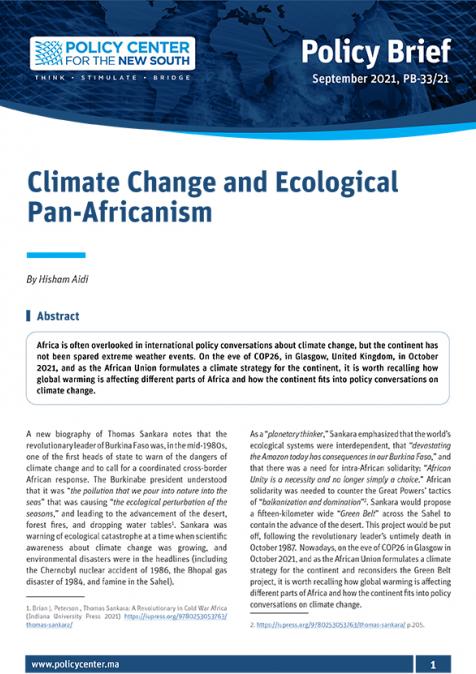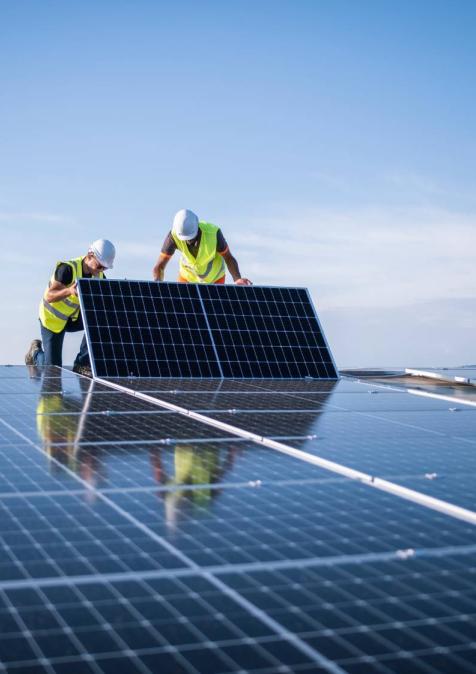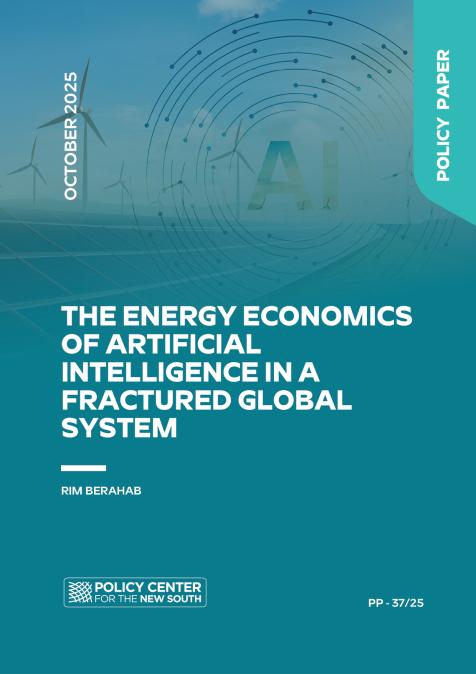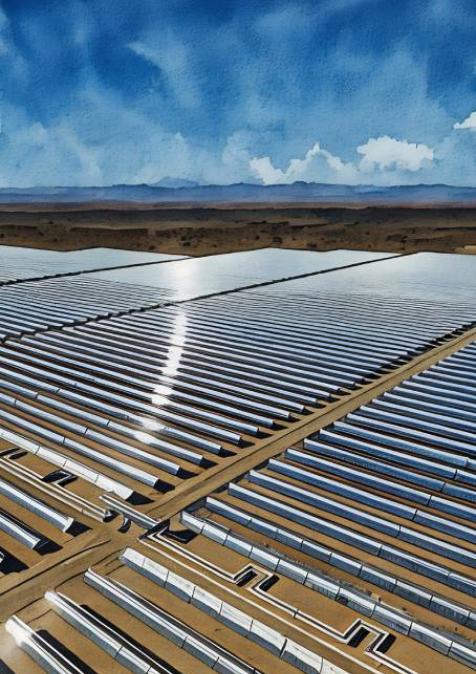Publications /
Policy Brief
Policy Brief
Climate Change and Ecological Pan-Africanism
October 1, 2021
Africa is often overlooked in international policy conversations about climate change, but the continent has not been spared extreme weather events. On the eve of COP26, in Glasgow, United Kingdom, in October 2021, and as the African Union formulates a climate strategy for the continent, it is worth recalling how global warming is affecting different parts of Africa and how the continent fits into policy conversations on climate change.








